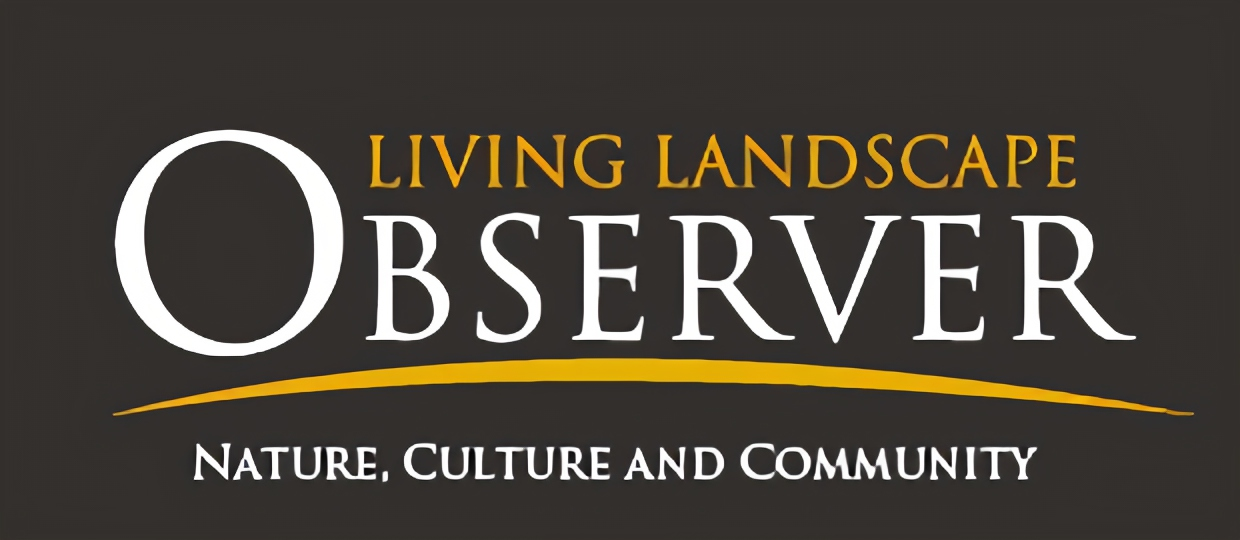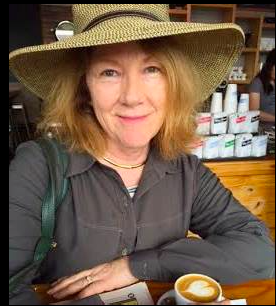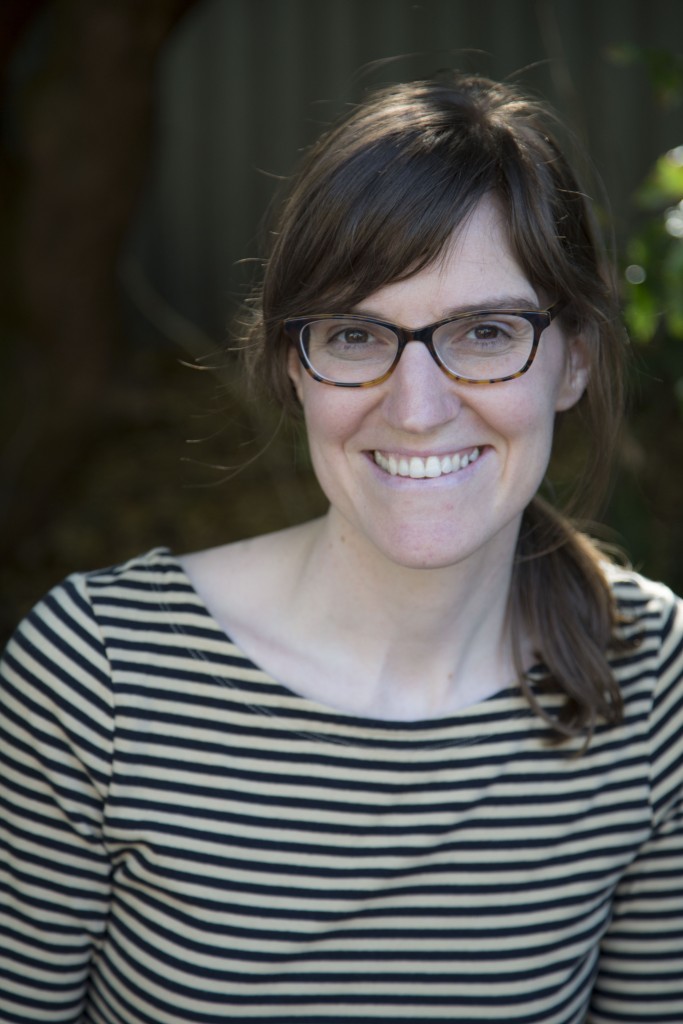To provide observations and information on the emerging fields of landscape scale conservation, heritage preservation, and sustainable community development.
Newsletter
Stay up-to-date with the latest nature, culture and community news.
We won’t spam you or share your information. Newsletters are sent approximately 10 times a year. Unsubscribe at any time.
US/ICOMOS Updates and Symposium
Guide to the Parks – Past, Present and Future
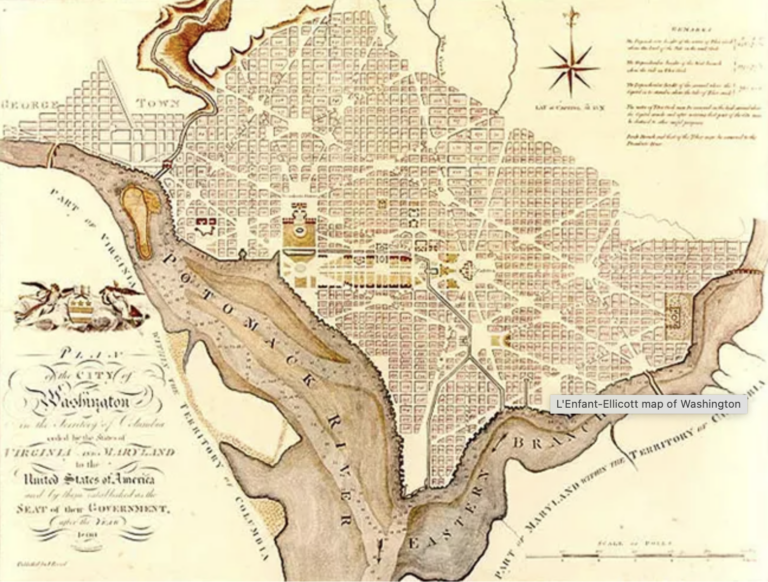
An Ode to Democracy
The author shares her personal reflections on the recent destruction of the East Wing of the White House as well as those of a colleague in France.
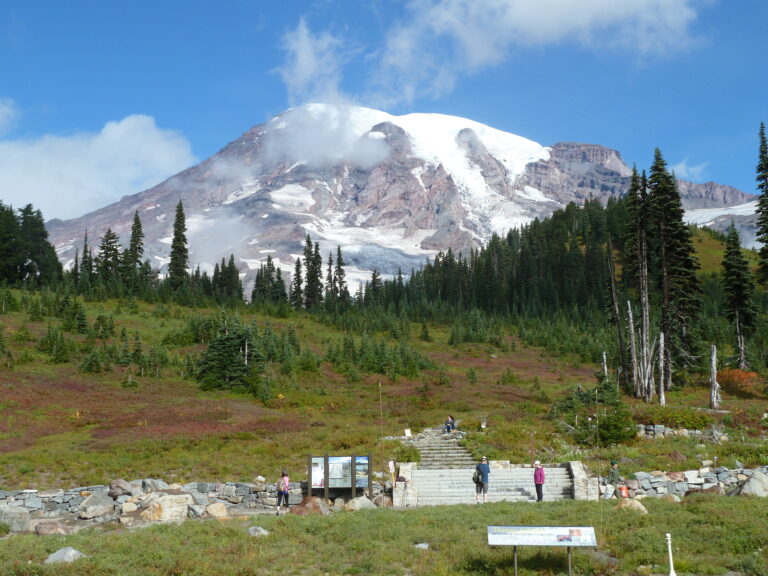
Launch of New Public Lands Reading Group
The purpose of this reading group is to bring together current and former public lands professionals and scholars to read and discuss works that inform our current moment and to consider how we might build toward a more resilient and sustainable future.
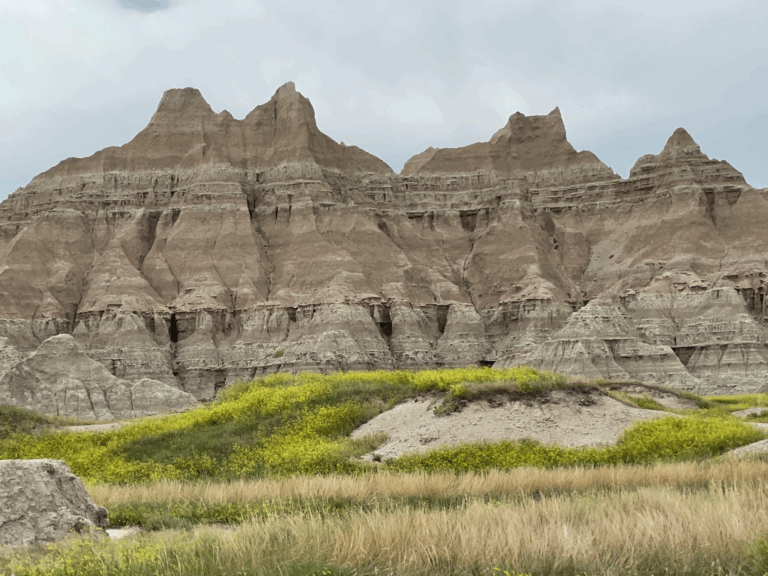
Potemkin Parks and the Future of Public Lands
The numbers are staggering. Over the last 6-months, the nation’s public land agencies have lost thousands of employees, ranging from brand new hires to senior executives. Leadership is being judged primarily on keeping the doors to sites open, with little consideration given to the long term impacts of staff departures.

Protest and Performance in Washington DC’s National Park Sites
Join us for a discussion on the past, present, and future of protest and performance in Washington DC’s national parks
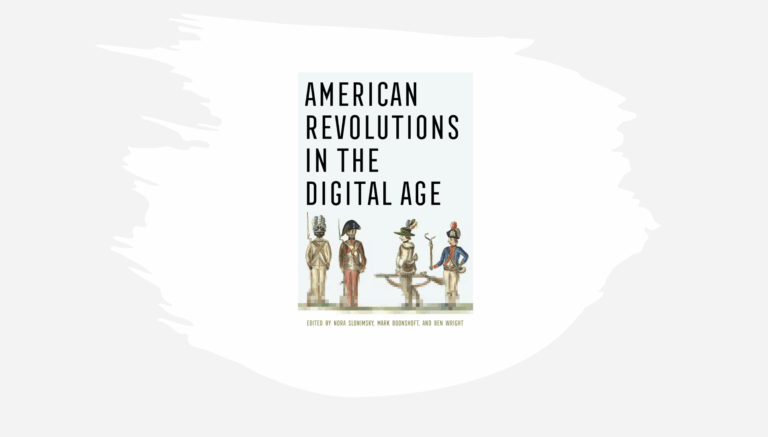
American Revolutions in the Digital Age Virtual Event Series
Upcoming virtual event series highlights how historians are using newly digitized materials and emerging digital methods to re-examine the era of the American Revolution.

An Ode to Democracy
The author shares her personal reflections on the recent destruction of the East Wing of the White House as well as those of a colleague in France.

Launch of New Public Lands Reading Group
The purpose of this reading group is to bring together current and former public lands professionals and scholars to read and discuss works that inform our current moment and to consider how we might build toward a more resilient and sustainable future.

Potemkin Parks and the Future of Public Lands
The numbers are staggering. Over the last 6-months, the nation’s public land agencies have lost thousands of employees, ranging from brand new hires to senior executives. Leadership is being judged primarily on keeping the doors to sites open, with little consideration given to the long term impacts of staff departures.

Protest and Performance in Washington DC’s National Park Sites
Join us for a discussion on the past, present, and future of protest and performance in Washington DC’s national parks

American Revolutions in the Digital Age Virtual Event Series
Upcoming virtual event series highlights how historians are using newly digitized materials and emerging digital methods to re-examine the era of the American Revolution.
